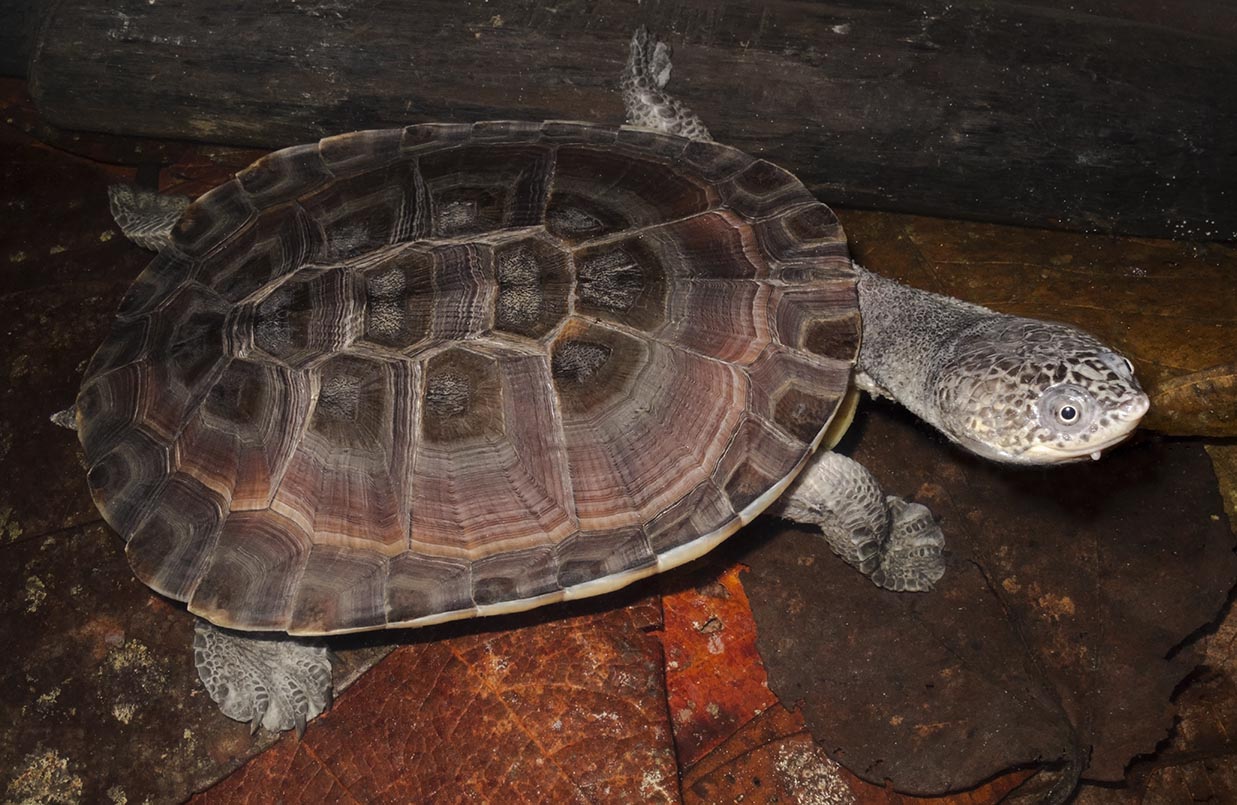Warm Springs Are Associated with Early Births in Three Montane Rattlesnake Species
A warming climate is correlated with phenological shifts in many taxa. We analyzed data from two long-term field studies of three viviparous viperid snakes to examine correlations between temperature and parturition dates. We studied Rock Rattlesnakes (Crotalus lepidus) and Ridge-Nosed Rattlesnakes (Crotalus willardi) over a 31-yr period and Twin-Spotted Rattlesnakes (Crotalus pricei) over a 23-yr period. On average, a 1°C increase in mean daily maximum temperature during mid-April to June, the probable gestation period, was associated with C. lepidus litters being found 6.0 ± 0.84 days earlier and C. willardi litters being found 5.7 ± 1.79 days earlier. We were more likely to find C. pricei neonates during surveys in late July following warm springs and pregnant females in late July following cool springs. Although earlier parturitions could potentially increase maternal survival and improve lifetime reproductive output, warmer temperatures during embryo development could cause unviability or neonate abnormalities. Neonate survival would probably be negatively affected if births occurred before the onset of the summer monsoon rains. Populations of these species that inhabit the highest elevations of mountain ranges will be unable to shift their distributions to maintain the thermal conditions under which they evolved.ABSTRACT

Predicted litter date for Crotalus willardi and Crotalus lepidus at mean elevation (1,897 m a.s.l.) as a function of mean daily maximum temperature at Douglas-Bisbee International Airport between 16 April and 30 June. Shaded areas represent 95% confidence intervals for predicted litter dates.

Probability of finding Crotalus pricei neonates in late July as a function of mean daily maximum temperature at Douglas-Bisbee International Airport between 16 April and 30 June. Shaded area represents a 95% confidence interval for predicted probabilities. Gray points represent observed data between 1997 and 2019.
Contributor Notes
